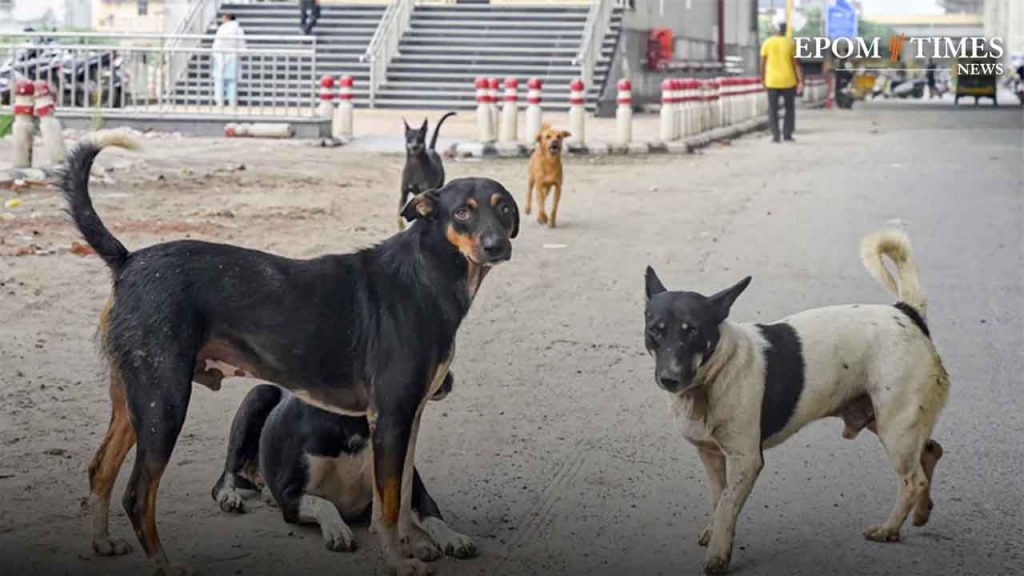The Supreme Court of India has reserved its decision on a plea seeking suspension of an earlier directive ordering the removal and relocation of stray dogs from the Delhi-National Capital Region (NCR) to shelter homes. The directive, issued on August 11 by a two-judge bench, had mandated immediate action by local authorities.
A three-judge bench comprising Justices Vikram Nath, Sandeep Mehta, and N. V. Anjaria heard the matter after concerns arose that the August 11 order conflicted with previous Supreme Court rulings. The bench stated that reserving the order does not close the case but allows time to consider whether urgent interim relief should be granted.
The earlier order by Justices J. B. Pardiwala and R. Mahadevan instructed civic bodies in Delhi, Noida, Gurugram, Ghaziabad, and nearby areas to begin immediate removal of stray dogs to shelters. The measures included:
- Sterilization, de-worming, immunization, and permanent relocation of the dogs, with none released back into public spaces.
- Establishment of sufficient shelter facilities within eight weeks.
- CCTV monitoring of shelters, a helpline for reporting dog-bite cases with a four-hour response window, and legal penalties for obstruction.
Kapil Sibal, representing the NGO Project Kindness, argued that no adequate shelters currently exist to house the dogs, warning that overcrowding could lead to violence and disease.
Senior advocate Abhishek Manu Singhvi contended that the order ignored previous Supreme Court rulings supporting the Animal Birth Control (ABC) Rules, which call for sterilization followed by release.
Solicitor General Tushar Mehta, appearing for the Delhi government, cited data showing over 3.7 million dog bites in 2024 and around 430,000 incidents in January 2025 alone, with children most at risk. He argued that sterilization alone would not control rabies, emphasizing that public safety was the priority.
The bench criticized the lack of effective action by local authorities, stating that administrative inaction has allowed the stray dog issue to persist.
Animal rights groups have condemned the removal directive as impractical and potentially cruel due to inadequate shelter infrastructure. Political leaders, including BJP MP Maneka Gandhi, criticized the approach as unsustainable, warning that stray dogs would continue to enter the city unless root causes were addressed.
Public protests have been held across Delhi, with candlelight marches and demonstrations leading to detentions. The Municipal Corporation of Delhi has begun relocating aggressive or suspected rabid dogs and converting sterilization centres into temporary shelters. An 85-acre site near Ghoga Dairy has been identified for a large shelter facility.
The Supreme Court will now decide whether to stay the August 11 order while the case proceeds. The ruling could have lasting implications for how urban areas across India manage stray animal populations, balancing public health and animal welfare concerns.



